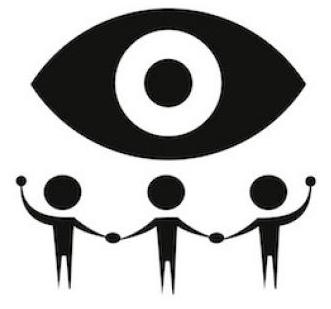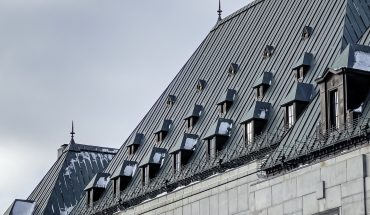A series of ‘Sunshine Summits’ will be held across Canada next month, marking the tenth annual Right to Know Week, and calling for open access to information about, among others government activities, unchecked communications surveillance and bulk data collection programs.
Events in three cities are being co-ordinated by the Privacy & Access Council of Canada, a non-profit organization dedicated to privacy and access in both the private and public sectors.
PACC is also among the international organizations whose representatives have signed on to calls for governments around the world to curtail the pervasive state spying and the mass surveillance of innocent individuals that’s been much in the news these days.

International Principles for Human Rights and State Surveillance are being proposed by numerous organizations.
The groups have all signed the International Principles on the Application of Human Rights to Communication Surveillance, and its core principles that spell out how existing human rights law applies to modern digital surveillance.
It’s a response to the increasing use and number of government surveillance activities and standards that focus on law enforcement and so-called national security priorities, rather than citizens’ rights, due process and public oversight and transparency.
The organizations come from more than 40 different countries; Canadian membership includes the British Columbia Civil Liberties Association, the Canadian Internet Policy and Public Interest Clinic, the Centre for Community Informatics Research, Development and Training, OpenMedia.ca, and the Privacy & Access Council of Canada, among others.
Their position speaks to a growing consensus that modern surveillance has gone too far and needs to be restrained.
Their announcement follows the release of a report from the United Nations Special Rapporteur on the right to Freedom of Opinion and Expression, which details the widespread use of state surveillance of communications, stating that such surveillance severely undermines citizens’ ability to enjoy a private life, freely express themselves and enjoy their other fundamental human rights.
The principles propose legal, social, technological and legislative protections against unwarranted surveillance; they call for full transparency by the state about its use of communications surveillance, as well as independent public oversight of such activities.
As well as protecting citizens, the principles call for a certain amount of protection for technology: Internet service providers, hardware manufacturers and software developers should not be compelled to build surveillance or monitoring capabilities into their systems, or to collect, retain and share information on behalf of the state.
-30-
submitted by Lee Rickwood



